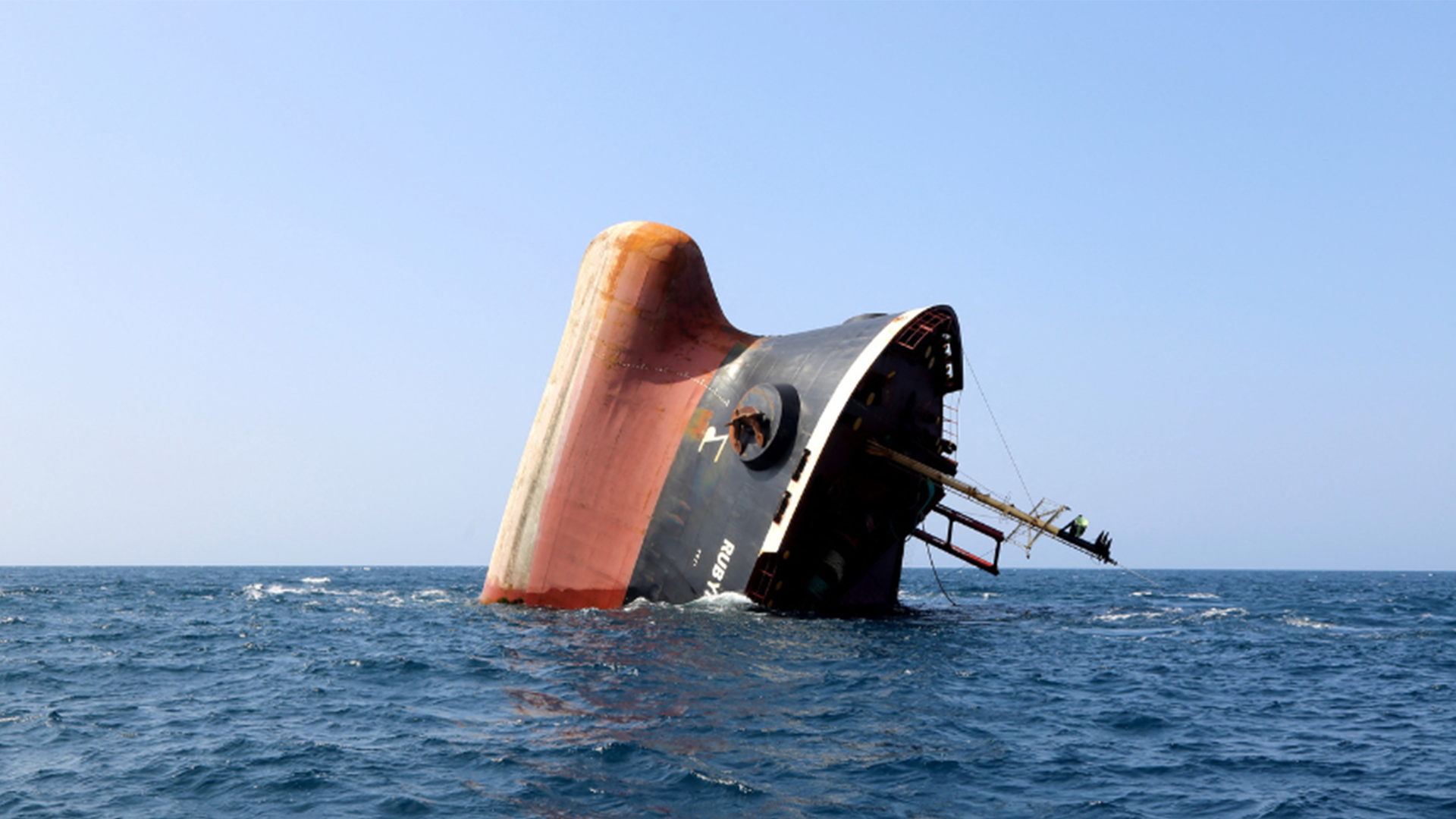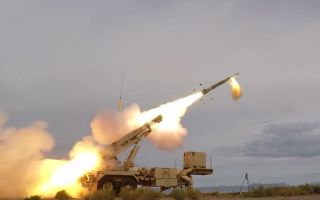Trump to face Houthi threat in the Red Sea amid fragile Gaza ceasefire
The Iranian-backed Houthis, who have targeted ships in the southern Red Sea and the Gulf of Aden, have stated they will pause attacks during the Gaza ceasefire – but only while the truce holds.
The Houthis launched missile and drone assaults on nearly 200 merchant ships last year, damaging 40 vessels, sinking two and resulting in the deaths of four sailors.
The Bab al-Mandab strait, which connects the Red Sea to the Gulf of Aden, is a vital maritime chokepoint linking the Mediterranean Sea and the Indian Ocean.
Around 12% of the world's trade passes through this route, making it a lifeline for global commerce.
The economic impact has been severe. Shipping disruptions have cost the global economy an estimated $200 billion, with Suez Canal traffic dropping by two-thirds.
Egypt alone lost $7bn in revenue. Rising costs have forced many vessels to reroute around Africa, adding up to $1m to each voyage, according to US intelligence estimates.
Some shipping companies are reportedly paying the Houthis hundreds of thousands of dollars for 'safe passage,' with estimates suggesting the group earns up to $2bn annually from these deals.
The militia denies profiting from such arrangements.
The UK and US have deployed warships to protect shipping lanes.
British Royal Navy destroyers HMS Diamond and HMS Richmond successfully intercepted Houthi drones during their recent Red Sea missions.

Despite these efforts, the militia’s leader, Abdul Malik al-Houthi, has warned that attacks will resume if the Gaza ceasefire collapses or if Israel continues its military activities – an unlikely condition, experts say.
The US Navy's ongoing policing mission in the Red Sea has already cost Washington $5bn.
However, as the Houthis pose a minimal threat to direct US trade, there are questions about whether President Donald Trump will maintain the current commitment.
Complicating matters is China's role. Beijing has refused to impose sanctions on the Houthis, despite their reliance on Chinese firms for missile and drone technology.
With the ceasefire's future uncertain and the Houthis allegedly profiting from extortionate 'safe passage' fees, the security risks in the Red Sea show no sign of easing.








